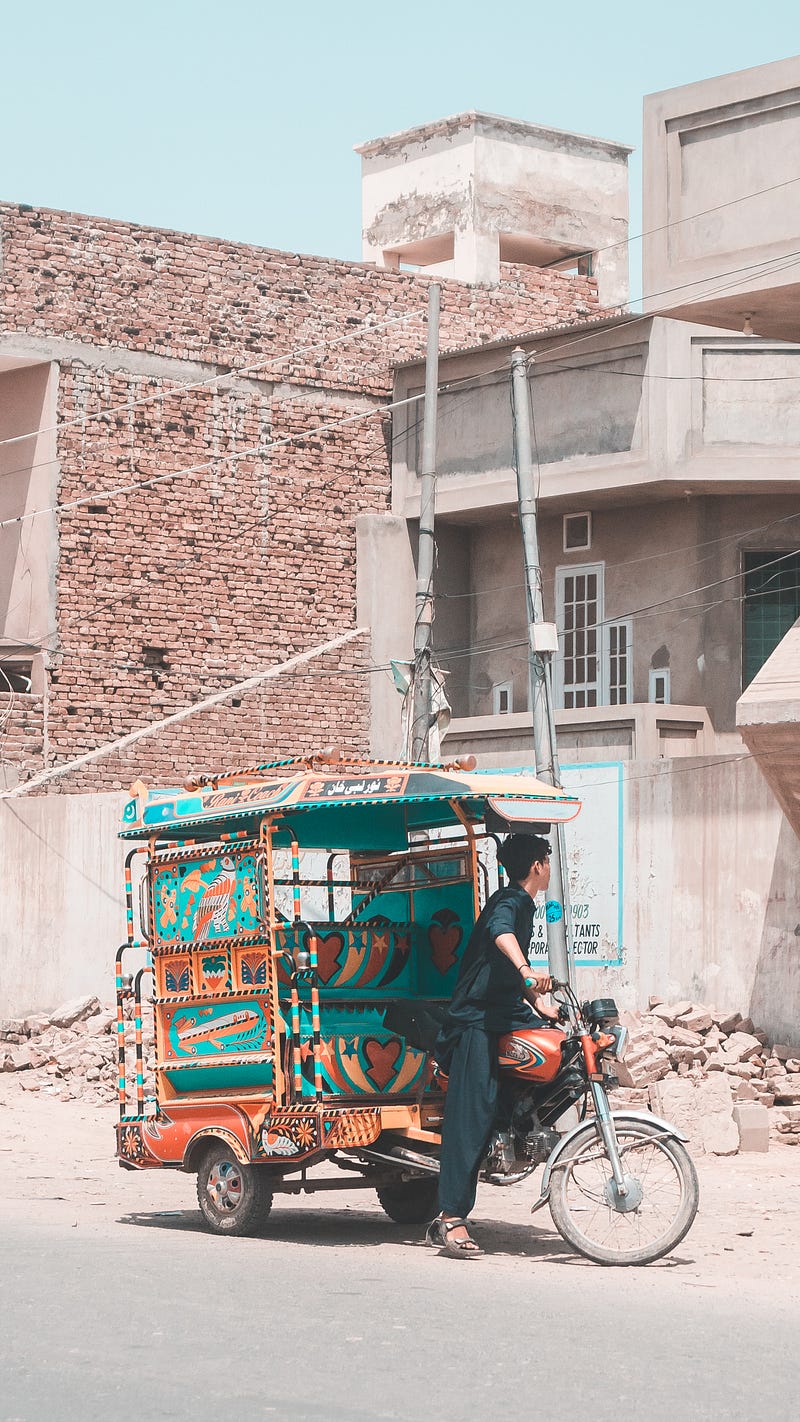Understanding Personal and Social Upbringing: A Deep Dive
Written on
Chapter 1: The Distinction Between Upbringings
The importance of differentiating between personal and social upbringing cannot be overstated.

Photo by Ayesha Ch on Unsplash
Recently, I authored an article addressing women's issues in Pakistan, reflecting on how my upbringing conditioned me to be quiet and compliant.
Personal Upbringing vs. Social Environment
What does this distinction mean?
It signifies that I was raised in a loving middle-class family in a developing country. While I experienced certain privileges, I also faced barriers and challenges. The social issues I recognized as I matured impacted my personal life but didn’t fully encapsulate my childhood.
My upbringing reflects both my family's individuality and the societal influences that shaped us. My parents, like all families, are products of their environment, yet they also evolve beyond traditional norms.
As a woman in Pakistan, I have my unique experiences. I remember the warmth of home videos my mother recorded, the silly jokes from my father, the playful squabbles over the remote with my siblings, and the cherished moments with my grandfather. These personal memories coexist with the broader social issues I have come to understand.
Recognizing that my personal upbringing differs from my social one is crucial.
The Danger of "Us vs. Them"
This distinction is vital to counteract a harmful notion that often arises when discussing global social problems: the idea that “the problem is them.”
This divisive mindset fosters a perception of an “other” that is entirely different from “us.” While geography can influence culture, it does not determine the inherent nature of people.
Regardless of their location, most people are simply navigating their lives, influenced by their immediate surroundings and the media. The reality is that we all share common flaws and aspirations.
I invite you to read my article "What I Learned Living in 3 Very Different Countries" for a deeper exploration of this theme.
In Conclusion
It is essential for us to frequently remind ourselves that systemic issues arise from our collective behaviors and thoughts. These issues are not fixed; they can be transformed through introspection and conversation.
When we learn about international issues, it’s crucial to view them through the lens of human imperfection rather than as threats or embodiments of evil. Evil is not confined to any one location; it exists everywhere. However, most individuals are not malevolent—they are simply flawed human beings striving to navigate their existence.
If you appreciate this content, please follow, clap, share, and/or subscribe to my email.

Tom Weisner discusses the pivotal influences on child development, emphasizing the family environment's role in shaping a child's future.
This video explores how family and social background significantly contribute to success, particularly in the legal profession.